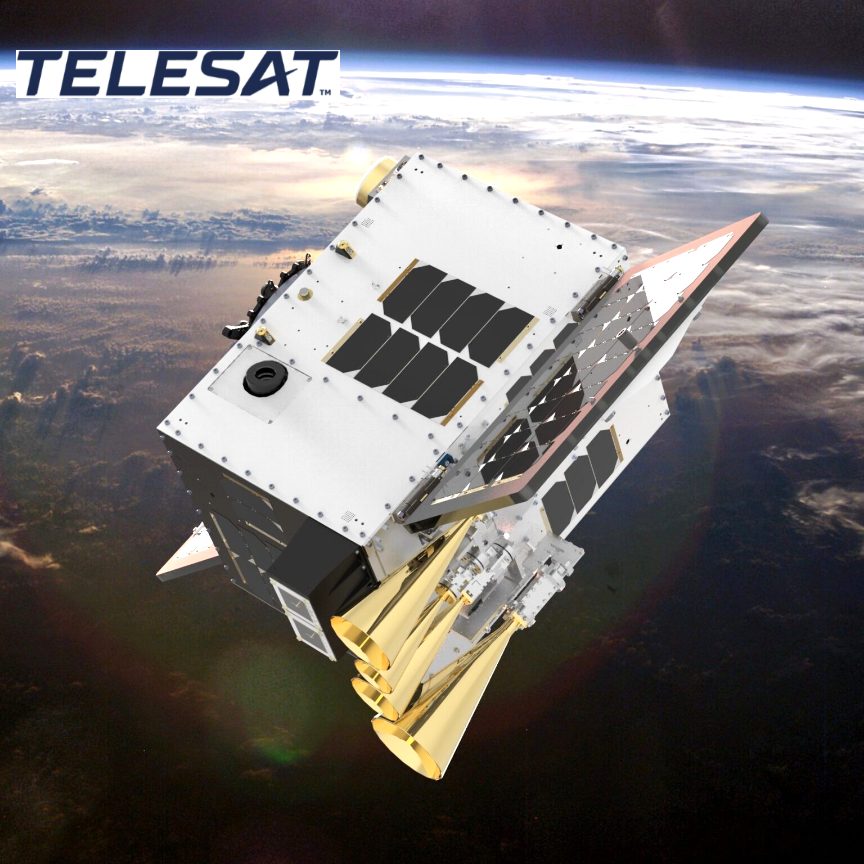
The good news for Canada-based satellite operator Telesat is that its backlog for its Lightspeed mega-constellation is likely to be worth more than C$1.1 billion (0.7 billion euros) by the end of this year. The bad news is that the first Lightspeed LEO satellite will not be orbited until the end of 2026 and service will not commence until 2027.
Further bad news is in its core DTH transmission business for Canadian (and U.S.) viewers and where revenues are down 25 percent when compared to the same period last year. The company’s Operating Income is down 53 per cent y-o-y.
The Lightspeed backlog is likely to see further growth helped by a contract with Viasat. Telesat CEO Dan Goldberg told analysts during its Q1 2025 call on May 6th that he’s optimistic Telesat will secure additional commitments over the course of this year, which would bring Lightspeed’s backlog to more than the backlog for services from GEO.
We continue to believe that our year-end 2025 LEO segment backlog will exceed our year-end 2024 GEO segment backlog. The Viasat contract is a very meaningful contract. I think there will be other commercial players that will sign significant deals. Maybe they won’t quite be at the Viasat level, but they could be still in that nine-figure [value], when I think about conversations we’re having and what the pipeline looks like.” Goldberg said. “We have had multiple conversations with various governments around the world as governments think about leveraging LEO to meet their growing space requirements.”
But meanwhile, Goldberg admitted that Telesat’s revenue expectations would remain under pressure. The company is anticipating a 27 percent decline in revenues at the mid-year point.
For the quarter ended March 31st 2025, Telesat reported consolidated revenue of C$117 million, a decrease of 23 per cent (C$35 million) compared to the same period in 2024. When adjusted for changes in foreign exchange rates, revenue declined 26 percent (C$40 million) compared to 2024. The decrease was primarily due to a lower rate on the renewal of a long-term agreement with a North American DTH television customer and to reductions in services for certain customers, particularly on an agreement to provide services to an Indonesian rural broadband program, combined with lower equipment sales to Canadian government customers.

